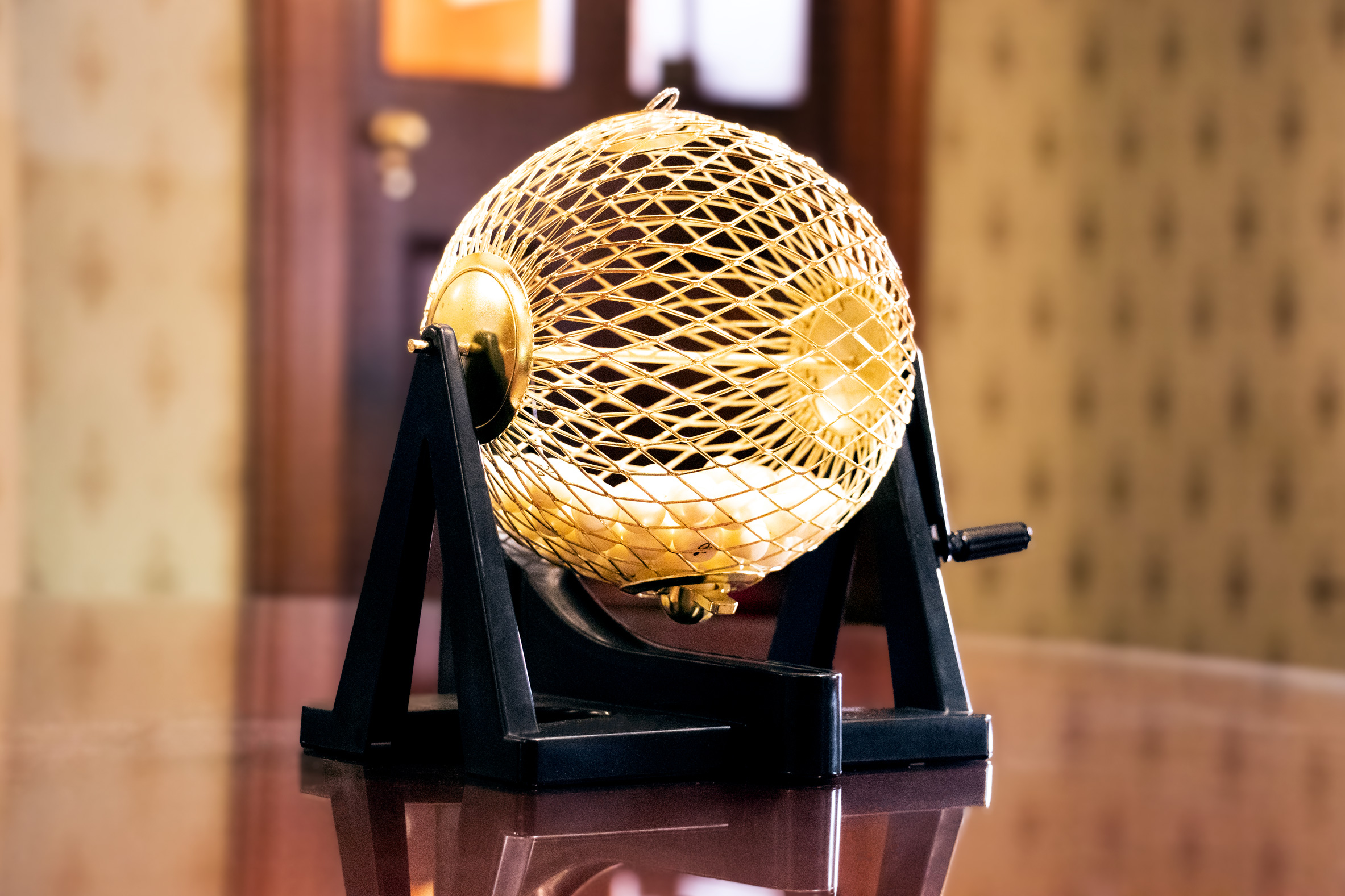
|

|
|
Legs eleven, it's democracy heaven! |
Legs eleven, it’s democracy heaven! Really?! Indeed! There’s a very sensible reason why, for many years, parliamentary proceedings in the Council hinged on the outcome of a bingo draw…
The scheduling of private members’ business – that is, items introduced by members who are not ministers – was historically a fairly manageable affair for the clerks:
• items were listed in chronological order;
• items were then split into simple business categories; and
• items not dealt with were carried over to the next day.
This system was known as ‘remanets’ – from the word ‘remain’ or ‘remaining’. At the end of each day, the items not called on (those remaining) were listed on the agenda for the next private members’ day in the relevant category. However, this seemingly simple method quickly became complicated, mostly because clever members tried to play the system! As items were listed in the order given, members tried to ‘jump the queue’ by jumping up first during the call for new items. Even more cannily, some members began giving notice for an item to have precedence on a certain day, which afforded it precedence of items given days and even months earlier.
|

|
These problems were compounded when successive governments lost their majority in the Council from 1988, then further exacerbated as the number of crossbench members expanded dramatically between 1991 and 1999. Record numbers of items meant a solution was needed. Quickly!
In 1999 the House adopted a new ballot system proposed by the Clerk, inspired by the system he saw operating in the Canadian House of Commons. The ballot afforded 12 lucky members ‘precedence’ over other items each private members’ day. The addition of a sparkly gold bingo ball served two purposes: first, a transparent and bespoke system for conducting the draw, and second, a little dash of only-in-Sydney glamour!
The ballot came to be affectionately known by members and staff as the ‘Chook Raffle’. The draw, usually scheduled for Thursday, was often the highlight of a sitting week, right up until 2015. So how is business determined now? Find out by watching the video below.
|
|
|
